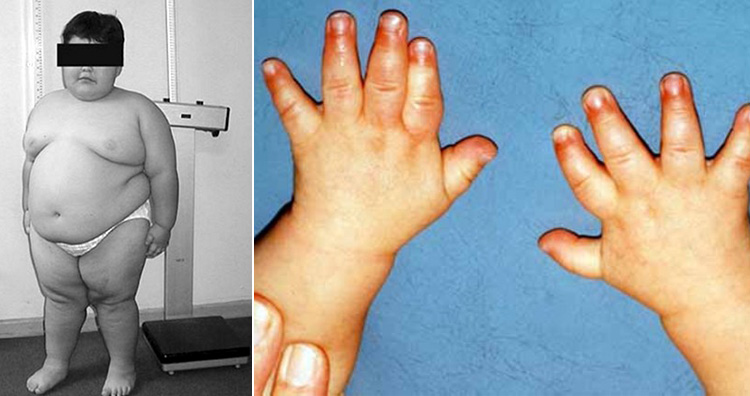
Image Source- Google
Introduction
Prader-Willi Syndrome (PWS) is a rare genetic disorder that presents a unique set of challenges for individuals and their families. The syndrome is characterized by a constant sense of hunger, which can lead to excessive eating and obesity if not properly managed. You may navigate https://www.pwsausa.org/what-is-prader-willi-syndrome/ to find detailed guides and resources on recognizing Prader-Willi syndrome symptoms.
However, with determination and support, individuals with PWS can learn to navigate their symptoms and lead fulfilling lives. In this article, we will explore the symptoms of PWS and discuss strategies for overcoming them with hope and healing.
Symptoms of Prader-Willi Syndrome
Prader-Willi Syndrome can present a variety of symptoms that impact both physical and mental health. Some common symptoms include:
- Constant sense of hunger
- Obesity
- Intellectual disabilities
- Behavioral problems
- Hypogonadism (underdeveloped private organs)
Physical Symptoms
The physical symptoms of PWS, such as obesity and hypogonadism, can contribute to overall health issues and impact the individual's quality of life. It is crucial to address these symptoms through proper medical care and lifestyle adjustments.
Mental and Behavioral Symptoms
Individuals with PWS may also experience intellectual disabilities and behavioral challenges. These symptoms can vary in severity and may require a personalized approach to treatment and management.
Overcoming PWS Symptoms
Eating Management
One of the key challenges of PWS is the constant sense of hunger, which can lead to overeating and obesity. To manage this symptom, individuals with PWS may benefit from:
- Structured meal plans with portion control
- Supervised eating environments
- Behavioral therapy to address food-seeking behaviors
Physical Activity
Regular physical activity is essential for individuals with PWS to maintain a healthy weight and overall well-being. Incorporating exercise routines tailored to the individual's abilities can help manage symptoms and promote physical fitness.
Behavioral Therapy
Behavioral therapy can be beneficial for addressing the intellectual and behavioral symptoms of PWS. Therapeutic interventions, such as cognitive-behavioral therapy, can help individuals develop coping strategies and improve their social skills.
Support and Resources
Living with Prader-Willi Syndrome can be challenging, but with the right support and resources, individuals can overcome obstacles and thrive. Some sources of support include:
- Prader-Willi Syndrome Association (USA)
- Support groups for individuals and families affected by PWS
- Medical professionals specializing in genetic disorders
- Therapists and counselors with experience in developmental disabilities
Educational Support
Individuals with PWS may benefit from educational programs tailored to their unique learning needs. Specialized schools or educational resources can provide the necessary support for academic success.
Family and Social Support
Family members and friends can play a crucial role in supporting individuals with PWS. Creating a supportive and understanding environment can help individuals feel accepted and empowered to overcome challenges.
Conclusion
Prader-Willi Syndrome presents complex challenges, but with determination and support, individuals can learn to manage their symptoms and lead fulfilling lives. By addressing symptoms through proper medical care, lifestyle adjustments, and emotional support, individuals with PWS can overcome obstacles and achieve their goals. Together, we can create a community of hope and healing for individuals living with Prader-Willi Syndrome.